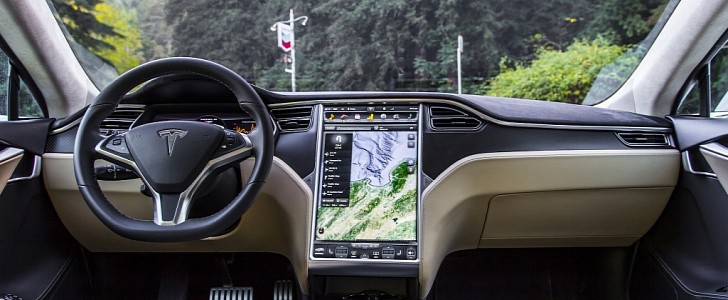Read The Full Article On: Morningstar
By Jack Denton
The Japanese electronics giant Panasonic is powering into Norway with two industry partners
Panasonic is the latest company making a big bet on the European electric-vehicle market, powering into the region with plans to establish a lithium-ion battery business in Norway with two industry partners.
Panasonic , the Japanese electronics giant, announced on Wednesday with Equinor (EQNR.OS), Norway’s state-owned oil company, and aluminum company Hydro, that the group had formed a strategic partnership to explore a Norwegian lithium-ion battery business focusing on the automotive sector.
By summer 2021, the companies hope to have finished the exploratory phase of setting up the business and investigating supply chains. As part of this process, they will engage with potential customers in the automotive sector, as well as other industries.
Also read:Spotify’s CEO and Goldman Sachs have both invested in this high-tech Tesla rival (link)
“This collaboration combines Panasonic’s position as an innovative technology company and leader in lithium-ion batteries, with the deep industrial experience of Equinor and Hydro, both strong global players, to potentially pave way for a robust and sustainable battery business in Norway,” said Mototsugu Sato, Panasonic’s executive vice president.
Norway has the highest market penetration rate for electric vehicles in the world, with plug-in cars making up nearly two-thirds of all new autos sold in September.
The country also has a firm commitment to sustainable energy, including through its sovereign-wealth fund, which is the world’s largest, and the state-owned oil company, which has pledged to be carbon neutral by 2050.
“By pooling our different areas of energy expertise, our companies will seek to create a battery business that is profitable, scalable and sustainable,” said Al Cook, Equinor’s executive vice president of global strategy and business.
Plus:Even with $1.1 trillion firepower, this fund is battling rivals to get its hands on green-energy opportunities (link)
Panasonic is just the latest company to expand into Europe’s battery-manufacturing space. Electric-car maker Tesla (TSLA) is building a gigafactory in Germany and reportedly planning one in the U.K. In September, Northvolt, one of Tesla’s key rivals, announced it would use funding from investors including Goldman Sachs and the chief executive of Spotify (SPOT) to build a gigafactory in Sweden.
Established European car makers, like Daimler , BMW , and Volkswagen , are also racing to build electric vehicles on their own or through partnerships, as the market for electric vehicles is set to boom. JPMorgan estimates that by 2025, electric vehicles and hybrid-electric vehicles will comprise 30% of all auto sales.
At least 12 countries in Europe have planned a ban on internal combustion engine vehicles as soon as 2030. On Wednesday, U.K. Prime Minister Boris Johnson unveiled a 10-point plan for a “Green Industrial Revolution,” which includes electric-vehicle manufacturing and a ban on new sales of gasoline and diesel cars by the end of the decade.
More:Here are the companies set for growth from the boom in demand for e-bikes (link)
Panasonic is already a highly-experienced producer of lithium-ion batteries for use in electric vehicles, having previously been Tesla’s sole provider of batteries for its cars. In August, Nikkei reported (link) that Panasonic would boost production of batteries for Tesla with an investment expected to top $100 million.
Panasonic and Tesla are partners in the U.S., where the two companies jointly run a $5 billion gigafactory in Nevada. However, the strength of their partnership came under scrutiny in September, when Tesla Chief Executive Elon Musk announced that Tesla had plans to produce its own battery cells as part of its strategy of becoming more vertically integrated.

